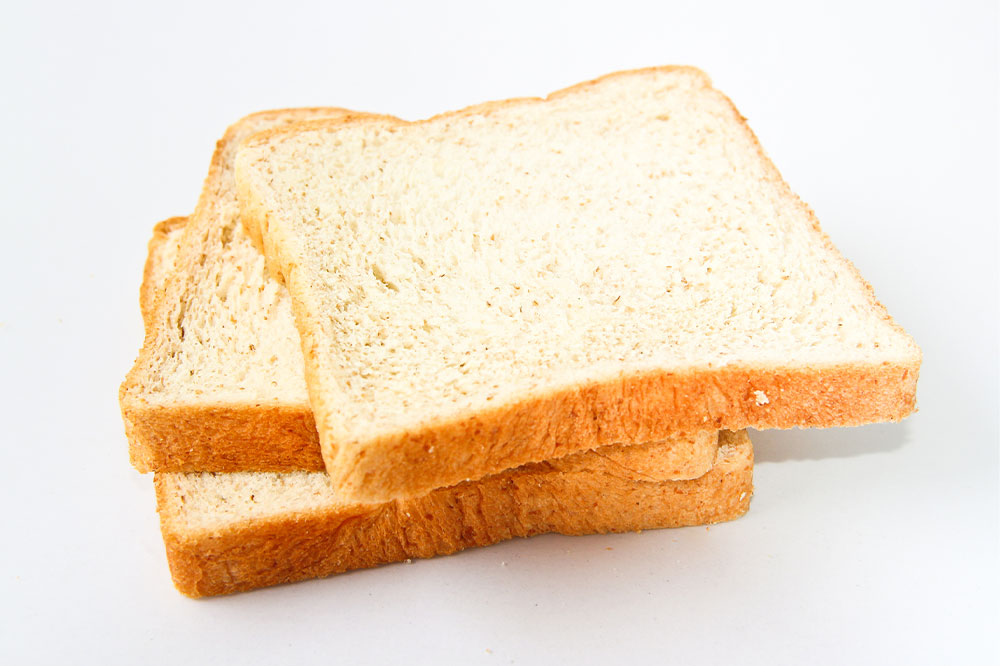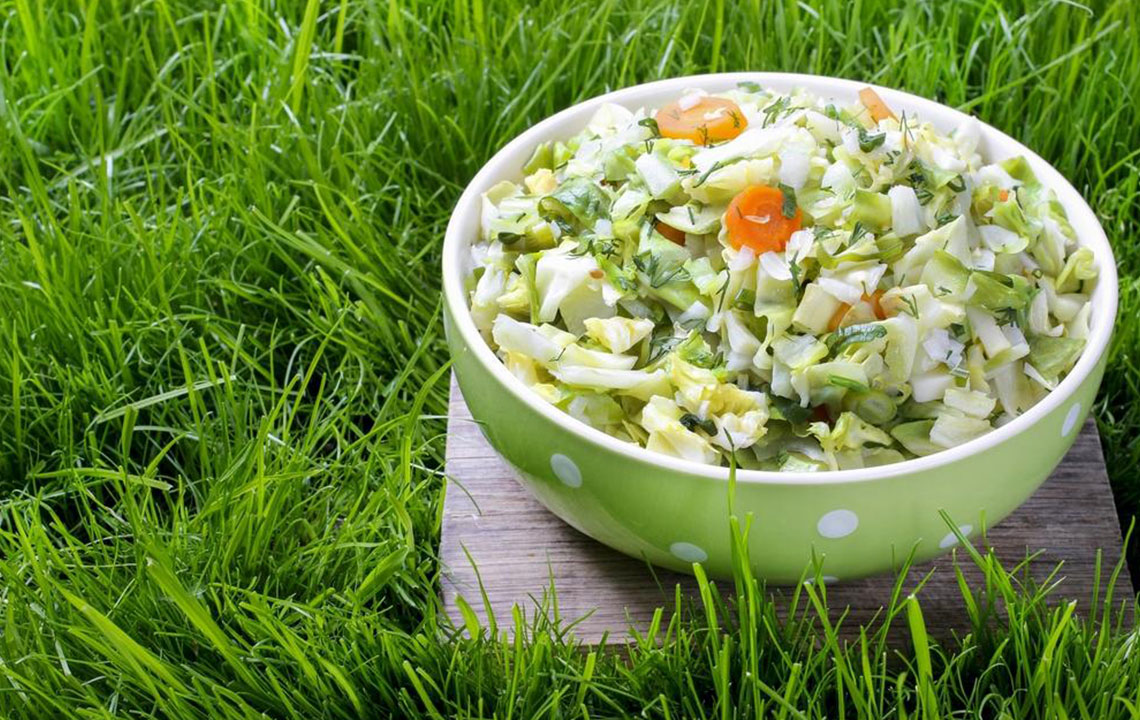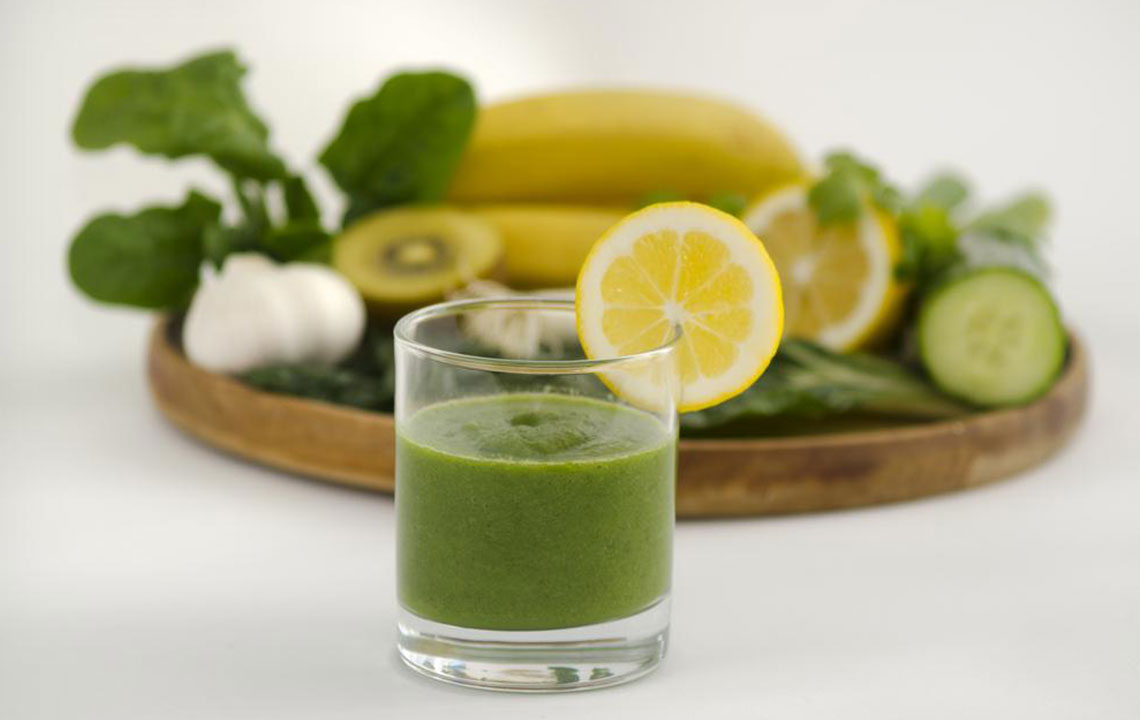Essential Dietary Guidelines: Foods to Avoid for Effective Diabetes Management
This comprehensive article provides essential guidance for people managing diabetes, highlighting foods to avoid such as sugary drinks, refined white bread, and trans fats. Emphasizing a balanced diet, it offers practical tips to stabilize blood sugar levels, reduce health risks, and improve overall well-being. Learn about healthier alternatives and the importance of mindful eating habits to effectively control diabetes and enhance your quality of life.

Key Foods to Steer Clear of for Better Blood Sugar Control
Managing diabetes effectively requires a comprehensive understanding of the foods that can influence blood sugar levels. Proper nutrition not only helps maintain stable blood glucose but also reduces the risk of adverse health complications associated with diabetes, such as cardiovascular disease, nerve damage, and kidney issues. The impact of diet on diabetes control is well-documented, emphasizing the importance of avoiding certain foods that can exacerbate insulin resistance and cause blood sugar spikes. This detailed guide explores the common dietary pitfalls that individuals with diabetes should avoid to promote better health and enhanced quality of life.
Limit or Eliminate Sugary Coffee Drinks
Many popular coffee beverages are loaded with added sugars, syrups, whipped cream, and high-calorie flavorings, which significantly contribute to increased carbohydrate intake. These drinks can cause rapid spikes in blood sugar levels, making it more difficult to maintain stability throughout the day. For people with diabetes, especially those managing their condition through diet, opting for black coffee or unsweetened beverages is recommended. Additionally, beverages like flavored lattes and frappuccinos often contain hidden sugars that can unknowingly hamper blood glucose control.
Beware of Hydrogenated Margarine
Although marketed as a spread or butter alternative, hydrogenated margarine contains trans fats that promote inflammation and insulin resistance. These fats have been linked to an increased risk of cardiovascular disease, a common concern for individuals with diabetes. Replacing margarine with healthier fats such as olive oil, avocado, or unsalted butter can provide better nutritional benefits and support better blood sugar management.
Avoid Refined White Bread
White bread is made from refined flour, which rapidly increases blood glucose levels due to its high glycemic index. Such carbohydrates are quickly digested and absorbed, leading to insulin spikes that can disrupt glycemic control. For better health outcomes, choosing whole grains like whole wheat bread, oats, or brown rice can help maintain steady blood sugar levels and provide important nutrients. Additionally, such complex carbohydrates support longer-lasting energy and overall metabolic health.
Cut Back on Sugary Beverages
Beverages like sodas, sweetened iced teas, fruit punches, and lemonades are major sources of added sugars and refined carbs. These drinks cause rapid sugar absorption into the bloodstream, often resulting in insulin resistance over time. For healthy hydration options, unsweetened herbal teas, infused water, or sparkling water with natural flavorings are better choices for individuals with diabetes. Managing fluid intake with low-sugar beverages can help stabilize blood glucose and reduce the risk of complications.
Limit Flavored Yogurt
While plain yogurt can be a nutritious part of a diabetic diet due to its probiotic qualities, flavored yogurts often contain high amounts of added sugars and sweeteners. Consuming these can cause unwanted blood sugar surges. Opting for plain Greek yogurt and adding fresh berries or nuts is an excellent way to enjoy the health benefits without the excess sugar load.
Be Cautious with Dried Fruits
Dried fruits like raisins, dates, prunes, and apricots are concentrated sources of natural sugars due to dehydration. Because they contain a higher sugar-to-water ratio, eating these in large quantities can cause significant blood sugar increases. While dried fruits can be part of a balanced diet for some, portion control and mindful consumption are key for diabetics. Fresh fruits with lower glycemic indices are preferable as snack options.
Understanding and avoiding these foods is crucial for effective diabetes management. A diet rich in whole grains, lean proteins, healthy fats, and fresh vegetables can support blood sugar stability and overall health. Regular consultations with healthcare professionals and dietitians can help tailor a food plan suited to individual needs. By making informed dietary choices, individuals with diabetes can improve their quality of life, reduce complications, and enjoy a healthier, more vibrant lifestyle.





